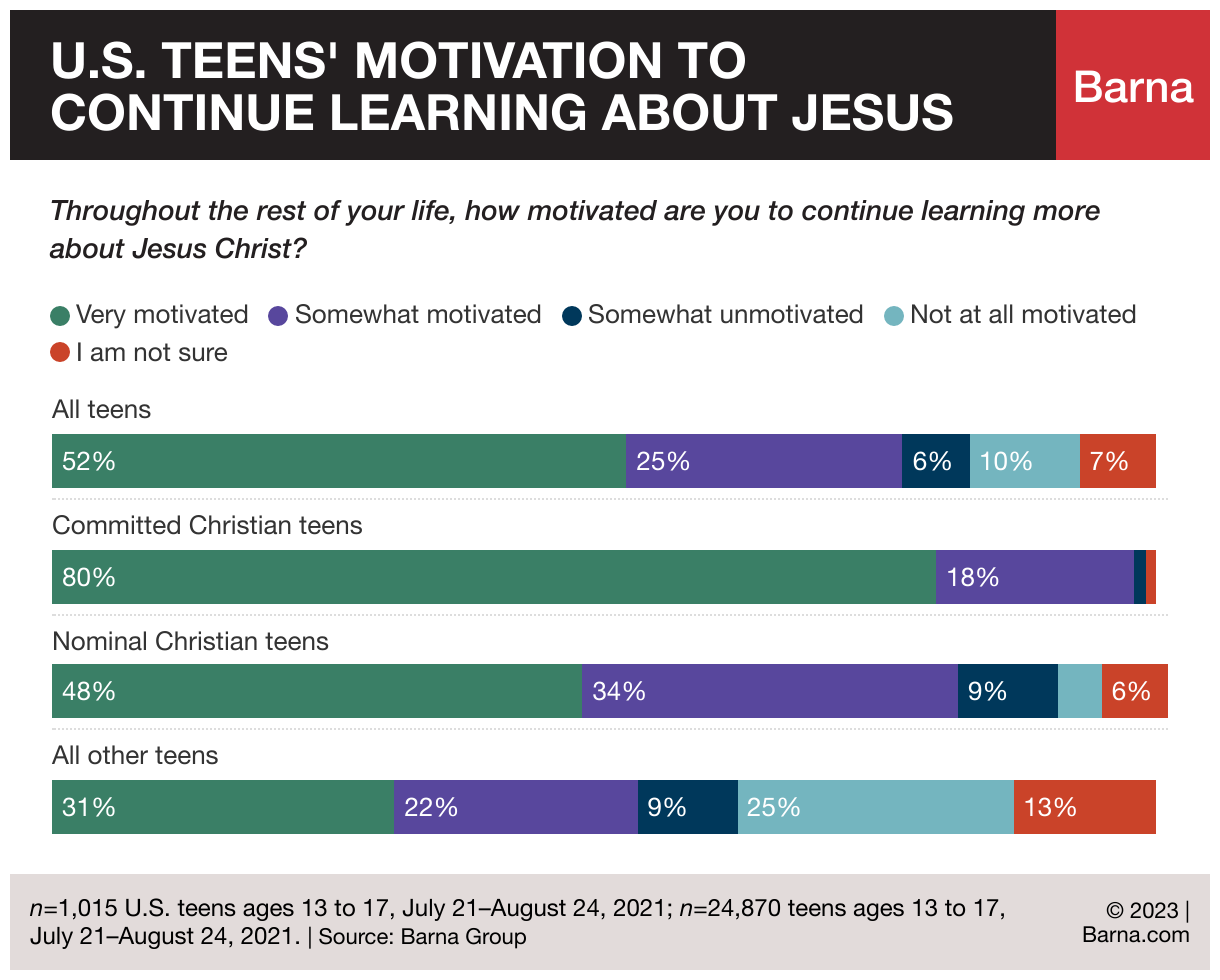Today’s Teens Have No Social Obligation to Go to Church - Bravester
I have been a youth pastor my whole adult life, which means it has been a long time of going to church. Through the 1980s, 1990s, 2000s, 2010s, and now the 2020s. I’ve seen a lot change from serving Gen Xers, Millennials (what happened to the Gen Yers?), Gen Zers, and I hope Gen Alpha. I summarize these many changes in this clever article.
Something happened after the 1990s era of youth ministry that led these now parents to not prioritize church attendance for them and thus their children. I have my well-lived and well-researched reasons as to why. This is not the space for that. There is already too much space being taken up on the internet and podcast world about this.
I know, since I’m still in this youth ministry space, that today’s teens have no social obligation to go to church. Their friends aren’t there. They aren’t judged as “bad Christians” for not being in church. If they want to learn about Jesus, they can find one million resources on their smartphone.
This is also true. Research is showing that teens do want to know more about Jesus. Jesus is intriguing to them.

In this crazy world of increased anxiety everywhere, teens are also looking for sacred spaces. According to this research, seeking sacred spaces helps teens:
- feel connected to the divine and others in new and different ways
- find a space to reflect on and process new experiences
- better understand themselves and the world around them
- experience the emotions that contribute to overall well-being
Some teens are finding their church to be this sacred space. Too many teens are not; haven’t considered the church; and haven’t considered trying a church as a possibility.
In the yesteryears of say the 1980s, going to church was a regular practice for the majority so church being a sacred space was a consideration. Today, this is not true. The word is out that we are okay if we don’t go to church. Worse, that church isn’t a sacred space.
This is not an article about defending the Church or guilting anyone back into church attendance. I’m a pastor still so that should say enough about where I’m coming from.
Teens are under no social obligation to go to church. This thought gives us, especially you parents, a new opportunity.
Teens are looking for this loving, trustworthy, wise, and just Jesus. Teens seek sacred spaces to help them process this complicated life.
What if teens could discover this Jesus without the end times prophecy fears and behavior modification teachings?
What if church wasn’t a numbing experience?
Mike Cosper wrote this for Christianity Today,
“So we embrace image-magnifying video to project larger-than-life pastors and worship leaders, never asking what other messages a technology mostly used at rock concerts and political rallies might be communicating. We import chest-rattling subwoofers and fog machines. Leaders read on stage from smartphones and tablets. Worship ministries distribute style guides for what band members should wear onstage (I am not making this up), and we gather in windowless, climate-controlled environments that stop time like movie theaters and casinos.”
Where is the sacred? Church has become a wall of noise. Even announcements are programmed. Where is the space for the sacred?
What if church provided space for silence, to breathe? To have a reason to turn off the smartphone?
What if church provided a place for learning, not telling?
Teens become committed to what they are learning. Learning is a growth mindset. Learning means the learner has some buy-in to the process. Learning means the learner will have the discomfort of learning something new.
Being told the things doesn’t provide learning.
What if church provided the intergenerational relationships that teens desire?
This is a church teens would have no social obligation to attend but would want to attend. To find the sacred space to rest their anxious souls.
Find a church like this. Have the faith conversations with your teen. Please.
Read also: Find a Church Like This.





